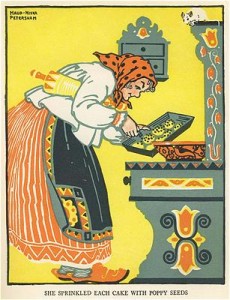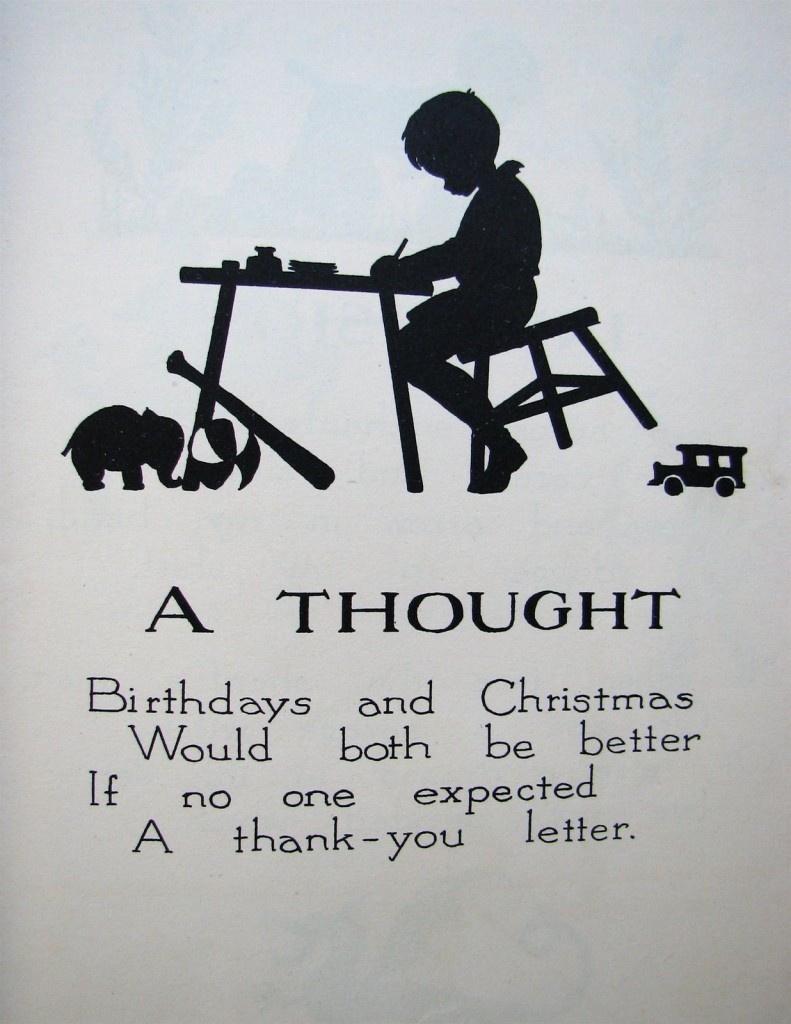My post last week on a bill that would greatly expand federal food safety law, and the dangers it could pose to small producers, drew a large number of readers, especially from Andrew Sullivan’s link; some other notable mentions and reactions include Rod Dreher, Nick Gillespie @ Reason “Hit and Run”, Hans Bader and more, John Phipps/Incoming, and Vines and Cattle.

At the same time, bill sponsor Rep. Rosa DeLauro (D-Ct.) and allies continue their efforts to dismiss alarm about possible effects on small producers as just hysteria whipped up from nothing, a trope that Patrick at Popehat has a bit of fun with. DeLauro has given interviews along these lines in recent days to the Hartford Courant and Huffington Post. Meanwhile, Factcheck.org criticizes untruths and hyperbole about the bill found in a widely sent chain email, most of which is fair enough — lots of misinformation is being circulated — but can’t resist a bit of Snopes-like over-reassurance about the law’s supposed general innocuousness. (Incidentally, for those who keep track of such things, oft-accurate FactCheck.org has just conferred its seal of approval on oft-accurate Snopes.com. Everyone can feel better now.)
Meanwhile, the Wall Street Journal reports (blog summary) that Pennsylvania is cracking down on women who prepare home-baked pies for church fish fries without arranging for a license and state inspection access to their kitchens.  Little in the story is surprising to those who’ve followed our coverage over the years of similar controversies over pies in Connecticut, cupcakes in Massachusetts, cookies in Maine, county-fair jams in Virginia, and church potlucks in Indiana. All these instances of regulation, one might note, were at the hands of state and local governments, which are widely reputed to be more easily reached by irate constituents and less likely to regulate with a heavy hand than the feds in Washington.
Little in the story is surprising to those who’ve followed our coverage over the years of similar controversies over pies in Connecticut, cupcakes in Massachusetts, cookies in Maine, county-fair jams in Virginia, and church potlucks in Indiana. All these instances of regulation, one might note, were at the hands of state and local governments, which are widely reputed to be more easily reached by irate constituents and less likely to regulate with a heavy hand than the feds in Washington.
More to come later, including an effort to sort out the confusion over what H.R. 875 as currently written exempts (e.g., many direct farm-to-consumer transactions) and what it does not exempt (lots and lots of other small and local transactions).

 It confirms, among other things, that the big Half Price Books chain has made a policy of pulling pre-1985 books from its shelves, as well as more recent books that contain various kinds of embellishments and special features. If you happen to know an editor with the New York Times, the Chicago Tribune or one of the other big media outlets that are still utterly ignoring the crisis, this makes a good clip to send them, just to let them know that 1) what’s going on is only too real; and 2) they’re being scooped repeatedly by other journalists, just as the Boston Globe
It confirms, among other things, that the big Half Price Books chain has made a policy of pulling pre-1985 books from its shelves, as well as more recent books that contain various kinds of embellishments and special features. If you happen to know an editor with the New York Times, the Chicago Tribune or one of the other big media outlets that are still utterly ignoring the crisis, this makes a good clip to send them, just to let them know that 1) what’s going on is only too real; and 2) they’re being scooped repeatedly by other journalists, just as the Boston Globe  Linda L. Richards at January Magazine was
Linda L. Richards at January Magazine was 
